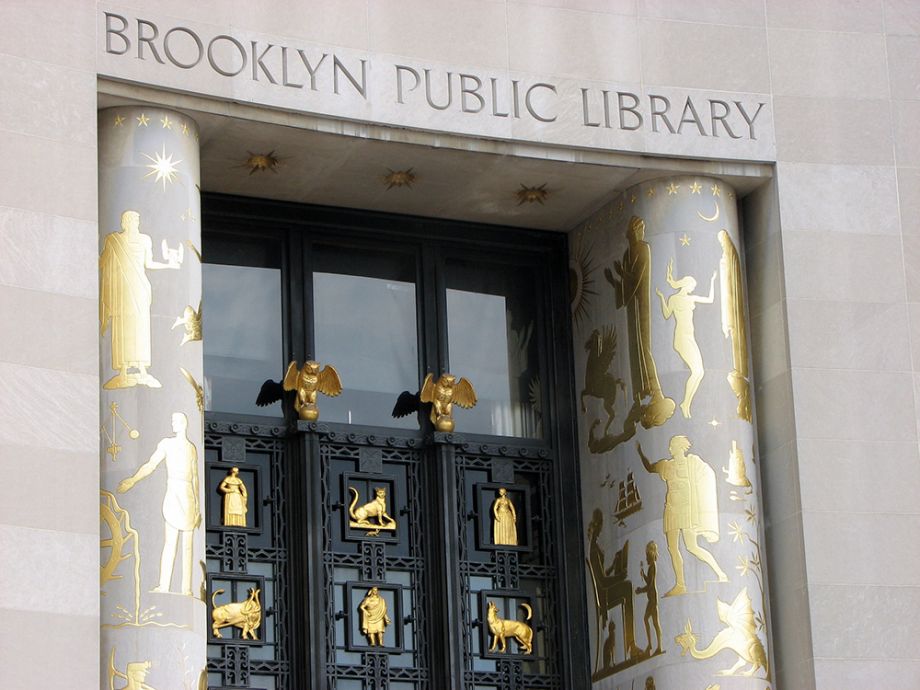Libraries have known for a long time that fines for overdue books end up blocking access to low-income people. Now some library systems are prioritizing access over punishment with dramatic results.
In this episode of the podcast, Next City Executive Director Lucas Grindley talks with reporter Emily Nonko about her story on what the Brooklyn Public Library learned after scrapping fines. We also meet Amy Mikel, a Brooklyn Public Library librarian and director of customer experience, who shares early results from the change. Circulation is going up, she says, and the disparity based on income has disappeared in who's getting blocked.
“The whole point of the public library is it's a democratic institution,” Mikel says. “It is supposed to be for everybody. But what typically happens time and time again, when you analyze the areas that have the highest instances of being blocked from libraries due to late fines, is that the highest-need families end up getting restricted. Then on top of that, there has really been no definitive evidence to show that punitive-based fines policies are in any way effective at getting materials back on time.”
Listen to this episode below or subscribe to Next City’s podcast on Apple or Spotify.









